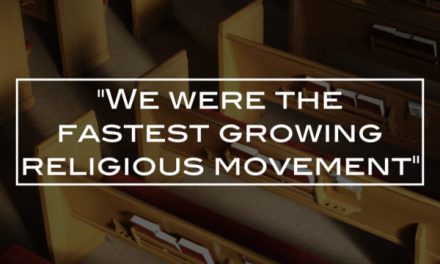Jonah makes for one of the most interesting studies in the Bible. Though known most for his cramped, disgusting camp out in the belly of the fish, Jonah has much to tell us about what not to do and who not to be.
Jonah only obeyed when he wanted to. 2 Kings 14:25 tells us that God once spoke through Jonah, so we know that at least some point in his life Jonah obeyed God. When the time came to go to Nineveh, however, we all know how disinterested in obedience Jonah was. He was so determined to not obey God that he ran as far as he could in the direction opposite of where God wanted him to go.
Jonah’s greatest priority was his own comfort. The classic “running from God, running to God, running with God” explanation makes for a tidy outline of Jonah… it’s just totally false. Rather than ending the book fully restored and on God’s side, Jonah ends the book being blasted by God for caring more about a plant that gave him shade than about the souls of the people of Nineveh. Jonah seemed to have one primary motivation in the book – whatever made Jonah comfortable.
Jonah was selective in his care for souls. Jonah had no interest in seeing the souls of Nineveh restored. In 4:2 He expressed His frustration that God would show mercy, grace, and compassion to Nineveh. In fact, he admitted that the very reason he ran in the first place was to keep the Ninevites from getting a chance to repent. Jonah would prophesy in Israel, but Nineveh crossed a line for him. In his eyes, their souls weren’t worthy.
Jonah obeyed on his own terms. He put his own comfort over people and over God’s will. And, he decided which souls he cared about and which souls he didn’t.
As always, Jesus provides us the perfect counter-example to every bad example in the Bible.
Jesus obeyed in every way. Jesus states a number of times in John’s gospel that He was here to do the Father’s will and not His own (5:30, 6:38, 8:26, 15:10). He was perfectly submitted to the Father.
Comfort never entered into Jesus’ consideration. Philippians 2:5-8 details how He didn’t consider equality with God something to be grasped onto, how He emptied Himself to be found in appearance as a man, a bondservant who went all the way to the cross.
Jesus didn’t see any soul as being beyond His love and grace. He looked at the very people who were crucifying Him and uttered those famous words, “Father, forgive them, for they know not what they do” (Luke 23:34).
When you put the two side by side, the contrast is clear. This is why it’s so important to keep our eyes on Jesus. When we don’t our standards slip dramatically, as today’s cultural Christianity shows.
Cultural Christianity looks almost exactly like Jonah.
- It tells you that you don’t have to obey everything God says – He’ll be happy if we follow Him most of the time.
- It will never, ever push you out of your comfort zone. It will even create churches for you that let you come and go on your terms and never ask you to grow or change.
- And, it will let you live your life without caring for souls. Even worse, it will tell you that you’re perfectly justified in not caring about certain souls, the people who frustrate us and hurt us.
Today’s cultural Christianity would tell Jonah that he was fine just the way he was. It would tell him that anyone who corrected him was being judgmental.
That’s why our Christian life must be spent in pursuit of Jesus. A lost, dying, Nineveh-esque world needs more Jesus, not more Jonah.





